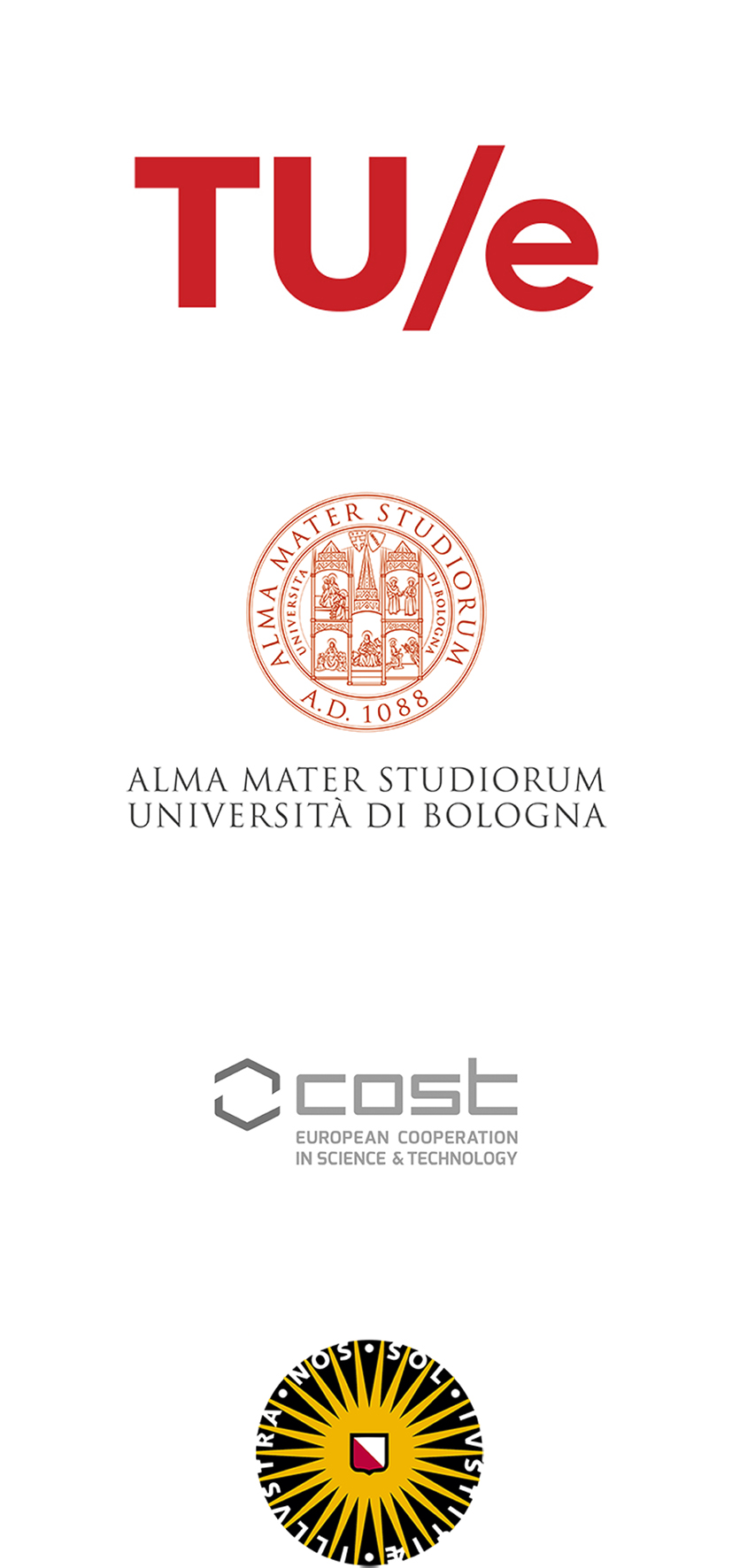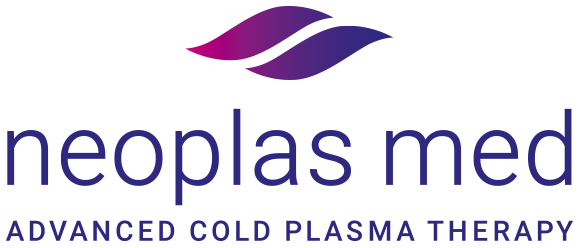Plenary speakers
|
Julia Bandow Julia Bandow is a full professor of Applied Microbiology at Ruhr University Bochum/Germany. She received a PhD in Microbiology from Ernst-Moritz-Arndt University of Greifswald/Germany in 2002 and then joined Pfizer Global Research and Development, Ann Arbor Michigan/USA, where she utilized proteomic methods to identify drug mechanisms of actions and biomarkers of disease and drug efficacy. In 2008 after six years in industry, she joined RUB to pursue an academic career. Bandow’s research interests focus on antibacterial strategies. In 2014 she was honored with the Research Award of the German Microbiology Society (VAAM) for her contributions to antibiotic research. Her current projects include the search for novel antibiotics on the basis of natural products and metalloantibiotics as well as applications of non-equilibrium plasma in microbiology and biotechnology. In particular, Bandow is interested in the effects of plasma treatment on bacteria and proteins, and in the bacterial defense mechanisms. |
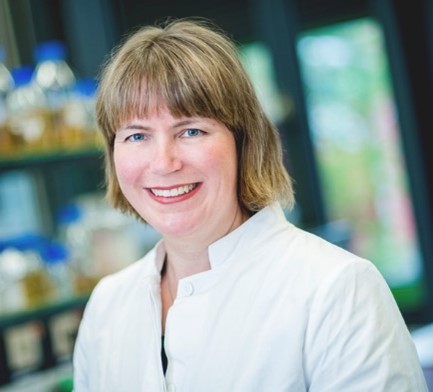 |
|
Peter Bruggeman Peter Bruggeman is currently Professor and Associate Department Head of Mechanical Engineering at the University of Minnesota. He serves as the Director of the High Temperature and Plasma Laboratory and Associate Director of the Department of Energy Center on Plasma Interactions with Complex Interfaces consisting of eight US research institutions. He also leads a Multi-University Research Initiative (MURI) on “Plasma-driven solution electrochemistry”. A significant part of his research is focused on nonequilibrium plasmas enabling many environmental, biomedical, and renewable energy applications and technologies. His research has been recognized by several awards including the 2018 Peter Mark Memorial Award from the American Vacuum Society and the 2020 George W. Taylor Award for Distinguished Research of the College of Science and Engineering at the University of Minnesota. He also served on the committee charged by the National Academies with the Decadal Study of Plasma Science (Plasma 2020) and co-edited the “2017 Plasma Roadmap” giving directions for the future development of the field of low temperature plasma. He is an elected member of the board of directors of the International Plasma Chemistry Society and was the elected chair of the 2018 Gordon Research Conference on Plasma Processing Science.
|
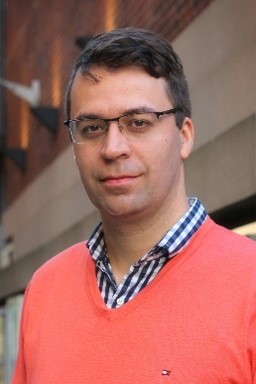 |
|
Cristina Canal Cristina Canal is Associate professor at the Department of Materials Science and Engineering, at the Technical University of Catalonia (UPC), within the Biomaterials, Biomechanics and Tissue Engineering Group. She serves as deputy director of the Center for Research in Biomedical Engineering (CREB). Her research has been recognized with different awards, including the “2018 Early Career Award in Plasma Medicine“ and the "2020 ICREA Academia". Her interests are focused in cold plasmas for biomedical applications, particularly investigating cold atmospheric pressure plasmas and their interactions with liquids and biomaterials for therapeutic applications. Together with an interdisciplinary team she aims at understanding the interactions and mechanisms beyond the interactions of reactive species from the gas phase with biomaterials in the liquid phase, and their biological outcomes, especially with regard to cancer therapies. |
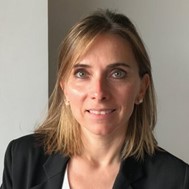 |
|
Yuzuru Ikehara Yuzuru Ikehara is a full professor of the Department of Pathology at Chiba University Chiba /Japan, and also acting as a senior chief researcher at Cellular and Molecular Biotechnology research institute in National Institute of Advanced Industrial Science and Technology (AIST), Tsukuba/ Japan. He received his Ph.D. in Pathology from the Shiga University of Medical Science in Japan in 1998. He worked as both researcher and medical doctor in the pathological area in Aichi cancer center hospital before joining AIST in 2006. He started as a glycobiologist and discovered a glycosyltransferase gene that catalyzes synthesis of cancer-associated glycans in 1998-1999. His research goal is to elucidate the homeostasis of electrical charge formed by glycans linked with proteins and relate to life's regulatory mechanism. For this reason, he jumped into the field of plasma medicine in 2008. Since then he has been trying to introduce the plasma technologies used in the electronics industry into treatment to establish high-quality medical services. |
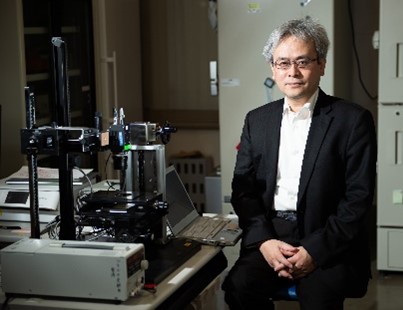 |
|
Katharina Stapelmann Katharina Stapelmann is an assistant professor of nuclear engineering at North Carolina State University. She received her Ph.D. in electrical engineering from Ruhr University Bochum, Germany, in 2013, where she continued as PostDoc (2014) and assistant professor of electrical engineering (2015-2017) before she joined NC State in 2017. Dr. Stapelmann studies the interactions of technical plasmas with biological systems on a macromolecular level. Her focus is on the characterization and optimization of plasma discharges used for life science applications and the understanding and improvement of plasmas used e.g. in medicine and agriculture. Furthermore, plasma-liquid interactions and plasma discharges in liquids belong to the research interests. Stapelmann is Mercator Fellow (DFG), speaker of the board of trustees of the German national center of plasma medicine, and serves on the International Advisory Board of the Journal Plasma Processes and Polymers. |
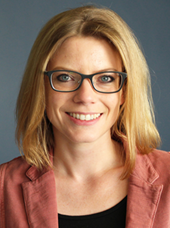 |
International Conference on Plasma Medicine
 Registration website for International Conference on Plasma Medicine
Registration website for International Conference on Plasma MedicineInternational Conference on Plasma Medicinereservations@tue.nl
International Conference on Plasma Medicinereservations@tue.nlhttps://www.aanmelder.nl/126611
2022-06-27
2022-07-01
MixedEventAttendanceMode
EventScheduled
International Conference on Plasma MedicineInternational Conference on Plasma Medicine0.00EUROnlineOnly2019-01-01T00:00:00Z
To be announcedTo be announced
